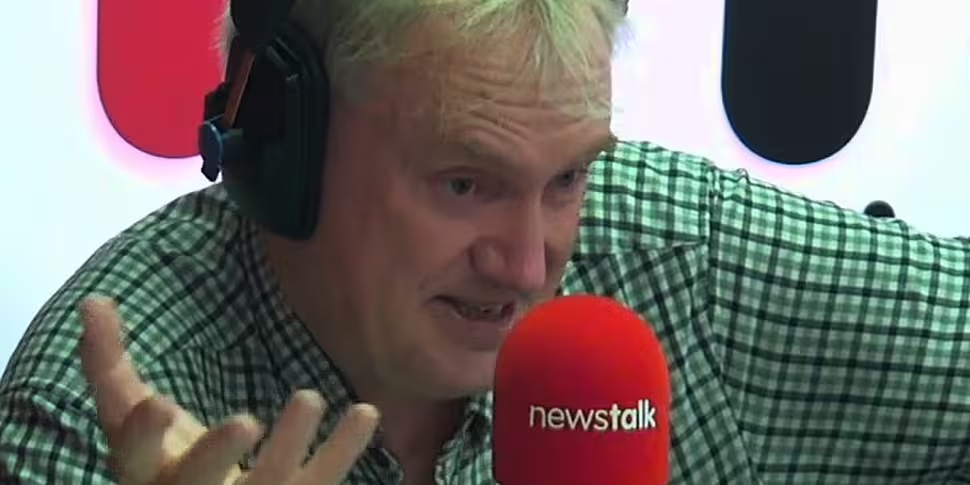Professor Luke O'Neill has said COVID-19 vaccines should still protect people against the so-called Indian variant of the virus.
He told Pat Kenny: "The evidence got a bit better last week that the vaccines should still protect against severe disease with that one.
"Confidence is growing now that the current vaccines should work against variants in terms of stopping the disease progressing.
"And there was evidence - it's lab-based evidence, it's still not fully known - but the evidence did suggest that you will make anti-bodies with the vaccine that should be able to limit the Indian one.
"So that gives us a bit more hope."
Three cases of the coronavirus variant first identified in India were detected in Ireland back in April.
The B.1.617 was first identified in the Maharashtra region of India earlier this year, and now accounts for around 60% of cases there.
On potential booster shots in the future, after the vaccine, Prof O'Neill said this is also being considered.
"It makes sense now to think 'When are we going to need booster shots?' if they're necessary at all.
"And all the companies are now looking at this closely, and they're kind of projecting a year out - is one possibility - that we may give boosters.
"It'll be people in the vulnerable, older categories who'll be given the boosters, not everybody... like the flu vaccine, in a way.
He said such triggers for a booster campaign could be increased hospitalisations from the virus for fully vaccinated people.
But he explained that the need for boosters is still being debated.
"The evidence is quite good, these vaccines are working for months and months remember - they're getting more and more data that immunity is persisting beyond, say, nine months which is what we want.
"If it turns out that the first two shots of any of the vaccines... they may well give one, two, three years protection - we still don't know yet.
"Just look at the numbers; it'll be a numbers game if there's increased people getting ill, I suppose."
He added: "Another reason to vaccinate, to do a booster, is to stop more variants coming up.
"If the vaccines begin to wane, there's a risk then of another variant emerging in people... so all these things are still being looked at very closely".
It comes as further restrictions ease across Ireland, with the re-opening of non-essential retail.
While the government in England has also pushed ahead with the latest lifting of lockdown restrictions - despite growing concerns over the possible impact of the Indian variant there.
More than 1,300 cases of the Indian variant - which is judged to be more transmissible than the Kent variant that drove the UK's deadly second wave of infections during the winter - have so far been found in Britain.









